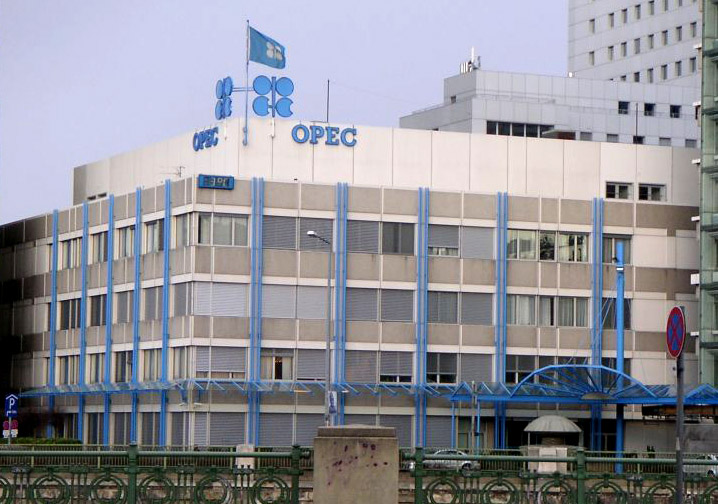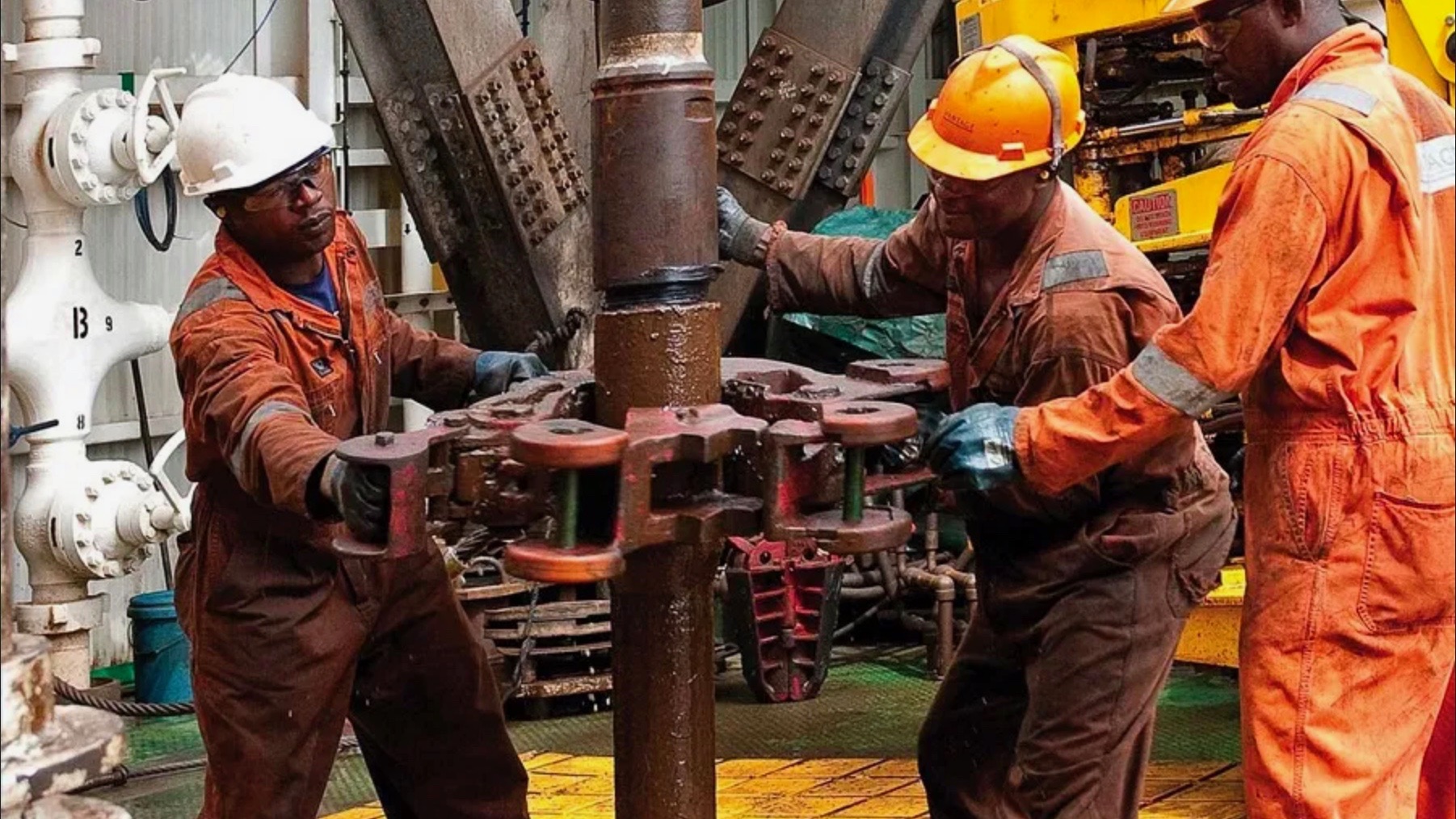THE world is changing at a Humans getting worn out like clothes dizzying pace. Two powerful blocs that can determine the future of humanity are rapidly solidifying. The North Atlantic Treaty Organisation, NATO, donning military fatigue, leading in the arms race with a mindset to conquer, is digging in to preserve the old world order.
On Tuesday, April 4, 2023, Finland, its newest recruit, took the salute at the NATO Headquarters in Brussels before Anthony Blinken, United States, US, Secretary of State who represented his country. The US is the Supreme Commander of the alliance.
As Finnish President Sauli Niinisto engaged in a flag-raising ceremony to an uncertain future, NATO Secretary General Jens Stoltenberg mocked Russia, saying with little Finland joining, President Vladimir Putin has failed to “slam NATO’s door shut”.
Indeed, the recruitment of Finland is likely to heighten tension between NATO and Russia as Finland shares a 1,340- kilometre border with the latter, effectively doubling the border stretch between the two antagonists. Russia sees Finland joining the alliance as a provocation and an attempt by NATO to encircle it; a main reason for its war in Ukraine.
Finland was part of Russia from 1809 until its independence on December 6, 1917. Compared to Russia, Finland is but a fingerling; the former’s 16, 376,870 km landmass is over 48 times that of Finland with a 338,440 total landmass. Russia’s 143.4 million population is over 25 times Finland’s 5,601,347 population. Militarily, while Russia has 5,977 nuclear warheads, Finland has none. Its only nuclear plant is powered by Russian technology. Economically, Finland gets 60-70 per cent of its gas from Russia.
There may be debates whether it made sense for Finland to join NATO, but what may not be debatable is that if there were to be an armed conflict between NATO and Russia, Finland will be a sitting duck.
The second bloc firming up is the BRICS, the acronym for the Brazil, Russia, India, China and South Africa coalition which wears the overall of a factory worker. It appears interested only in an economic alliance that would create a new world economic order free from dollar dictates.
New countries have joined the BRICS, including Bangladesh and Uruguay and two American allies: Egypt and the United Arab Emirates. Some other countries like Iran have lined up to join; but perhaps the most sensational is Saudi Arabia, one of America’s biggest allies. Yes, the same country which agreed its oil will only be priced in the American dollar which then became the only currency recognised by the Organisation of Petroleum Exporting Countries, OPEC. This was what gave rise to the petrol dollar world and the dollar consolidating itself as the reserve currency of the world.
Also, the US which accounts for 37 per cent of all world arms exports has perhaps its biggest customer in Saudi Arabia which buys up one-quarter of those arms.
The US has, in return, shielded Saudi Arabia on issues of gross human rights violations, subjugation of women, the liberal use of the death penalty which includes beheading, elimination of perceived enemies and crimes against humanity such as the deliberate bombing of schools, hospitals and markets in Yemen. So, Saudi Arabia turning to BRICS is not just a major diplomatic shift, but also, a rethink of its international relations policies.
Saudi Arabia stunned the world at the World Economic Summit in January 2023 when its Finance Minister, Mohammed al-Jadaan, said: “There are no issues with discussing how we settle our trade arrangements, whether it is in the US dollar, whether it is the euro, whether it is the Saudi riyal”. He further clarified Saudi Arabia’s apparent new attitude to the dollar: “We enjoy a very strategic relationship with China and we enjoy that same strategic relationship with other nations, including the US, and we want to develop that with Europe and other countries who are willing and able to work with us.”
A month earlier, Chinese President Xi Jinping, during a visit to the Gulf, had told Arab leaders that his country wants to buy oil and gas in its own yuan currency. China buys one quarter of Saudi oil.
The US has often weaponised the dollar in its selective sanctions against countries. But it backfired when it did the same thing in sanctioning Russia over the war in Ukraine. Russia did not only break the sanction with the Ruble becoming the most enhanced currency in 2022, but some other countries decided to break with the dollar so if the US were to sanction them, the effects will not be devastating. With that, the race towards de-dollarisation was on.
China and Brazil ditched the dollar by agreeing to trade in their own currencies, while India and Malaysia agreed to trade in the Indian rupee in addition to other currencies.
In another surprise, France, a staunch ally of the US, closed a liquefied natural gas, LNG, trade with China, not in dollars, but in yuan! French President Emmanuel Macron perhaps in trying to reassure the US he is not shifting alliances, last Wednesday during a tour to Beijing, warned China not to supply arms to its Russian ally.
This of course is a joke. China does not appear to have a choice in the matter as it is aware that if NATO is able to defeat Russia, it will be the next target. So for China, Russia surviving the NATO onslaught, is in its strategic national interest.
The battles, of course, are being fought on various turfs such as US moving against China’s TikTok on the basis of security concerns; that its data collection can be used by China. Pray, what about the data collection by American companies like Apple and Snap? Are they not used by the US and its security services?
Whatever forms or shapes a changing world takes, a likely clash between the Euro-American alliance spearheaded by NATO and a counter force represented by BRICS, would see the rest of the world either joining one of the sides, or being helpless spectators because we lack the balls to create an alternative force.
Even as the universe appears to be changing rapidly, the world order of the poor and the rich; the developed countries with means, and the underdeveloped countries, are not changing . So it is a world in which rapid changes are taking place, but essentially things remain the same.
When I was a 13-year-old at the Methodist Boys High School, MBHS, Lagos we read a book in Yoruba language which featured a conversation between a young man and an elder. The former said: “See how the world is changing!” The elder replied: “No, it is not the world that is changing; it is humans that are getting worn out like clothes.”






